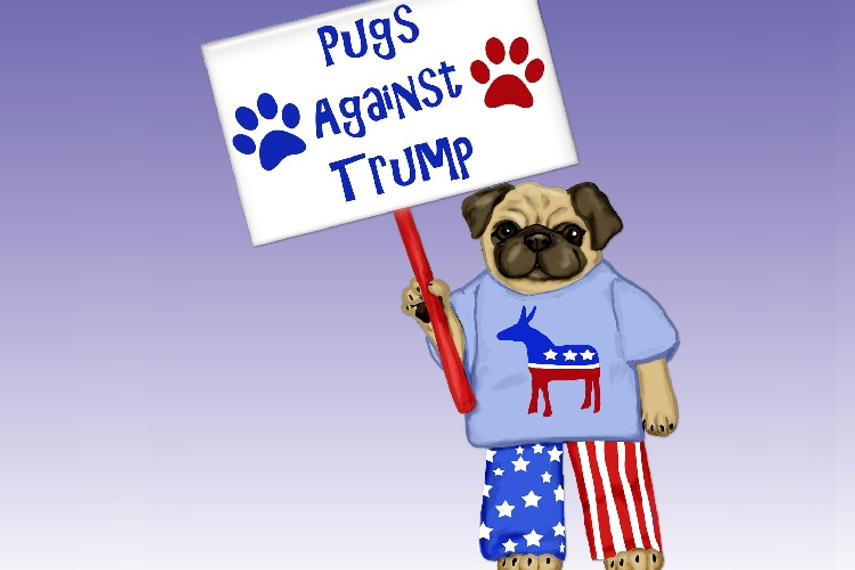
Please sign in or register
Existing users sign in here
Having trouble signing in?
Contact Customer Support at
[email protected]
or call+91 22 69489600
Increasingly, corporate entities and brands are not afraid to take a very strong and public stance.

Contact Customer Support at
[email protected]
or call+91 22 69489600
Top news, insights and analysis every weekday
Sign up for Campaign Bulletins
To a large extent, the differently abled community remains invisible to marketers. But some brands are trying to change that through smarter advertising and inclusive design.
Why brands must stop performing for algorithms and start speaking to humans again
Its ‘Scam 2025’ campaign leans on entertainment-led storytelling to decode digital fraud, signalling a shift in how brands approach financial literacy.
Omnicom chief communications officer Joanne Trout will continue to oversee the combined company’s internal and external communications strategy.